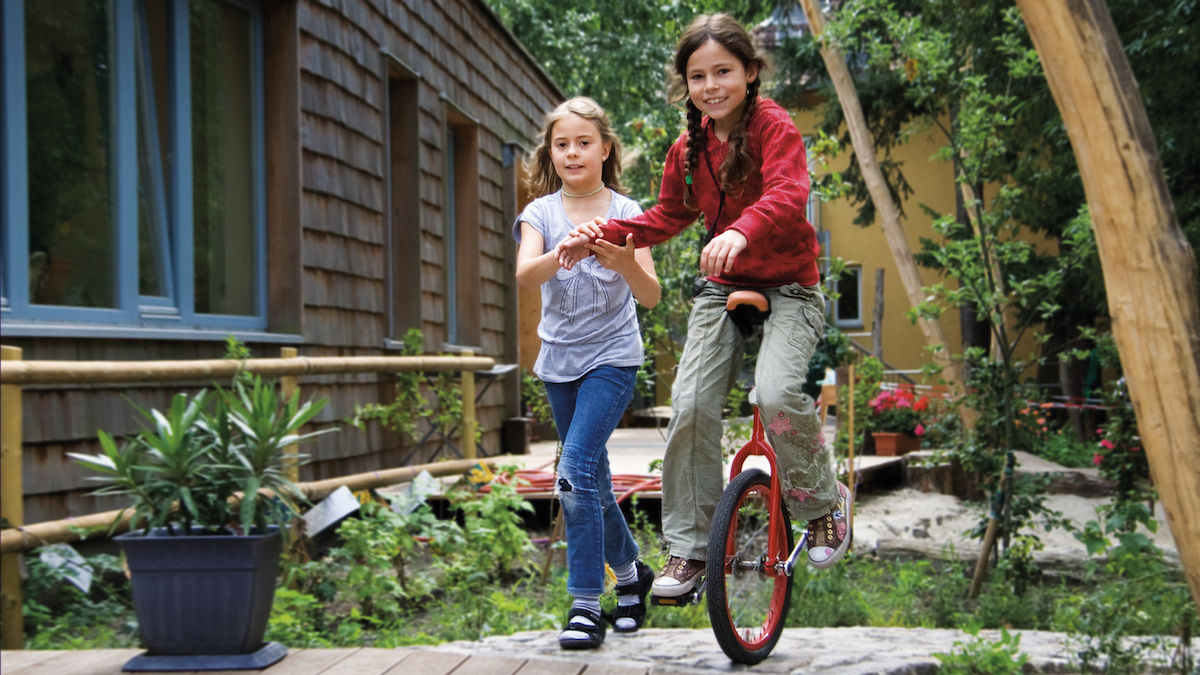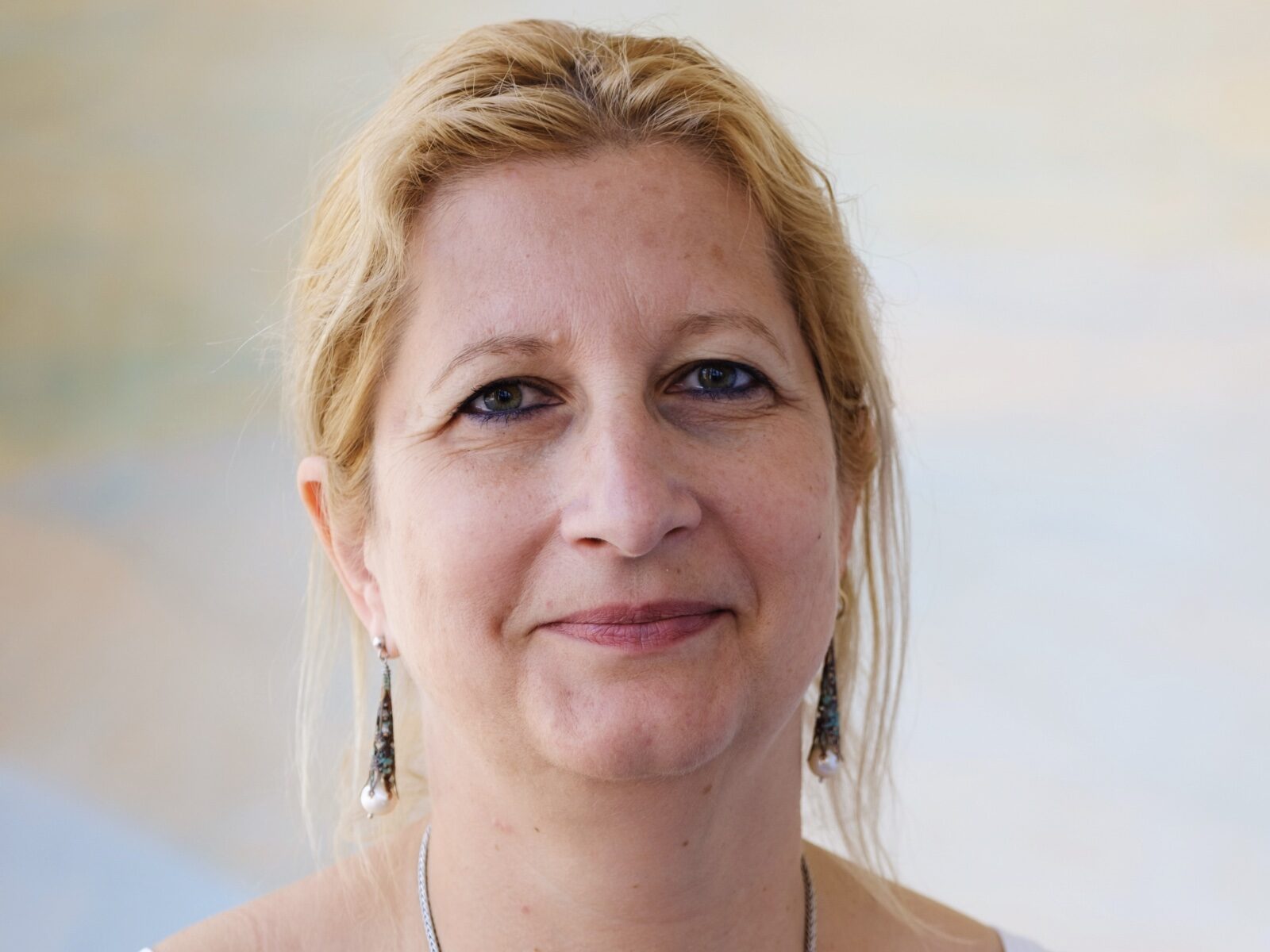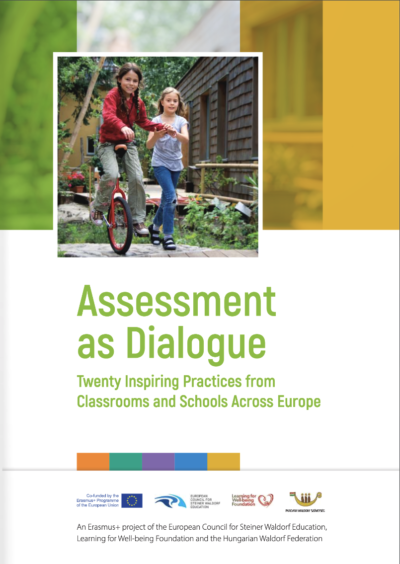Brussels, 19 November 2021
ECSWE project publishes book on personalised assessment

The book Assessment as Dialogue: Twenty Inspiring Practices from Classrooms and Schools Across Europe is the result of a strong, two-year cooperation with the Learning for Well-being Foundation and the Hungarian Waldorf Federation.
Personalised and Formative Assessment Practices Supporting School and Learner Development is the title of the Erasmus+ project ECSWE embarked upon in 2019 together with the Hungarian Waldorf Federation and the Learning for Well-being Foundation. In this project the partners set out to collect 20 practices on innovative and formative assessment methods. The partnership grew out of an informal assessment group that set out to study what is already available in alternative assessment methods and what might be still done. The guiding question throughout the project has been: how can the unfolding of the unique potential of each and every child/youngster be best supported through contextualised, individualised, participatory assessment processes that give learners a feeling of agency and self-efficacy?
The book that presents these practices is the result of a strong, two-year cooperation of the three organisations. The stories included were contributed by courageous, inventive and open-minded teachers, parents, school leaders, experts and students from 12 countries around Europe. The strong message of hope communicated in the book — around the difficult issues associated with the assessment of pupils in schools — is that change is not only possible but it is already happening in classrooms and schools. The narratives in the book describe how children experience formal education as building naturally on their innate desire and ability to learn, and how this is strengthened by the supportive adults around them.
Teachers and school leaders face many challenges. Challenges that demand positive energy from them instead of having to deal with the negative fall-out from fear of failure, whether among pupils or parents or among the teachers and school leaders themselves. Instead, teachers focus on how to strengthen learning in the classroom, for each pupil and for themselves as well as in the wider learning community of the school. Some of our examples even demonstrate that national educational policy can respond positively to transformative initiative.
During the project’s lifetime various webinars and dissemination events were held on assessment in general and the practices in particular. The book is not an end result but a starting point for further discussions on assessment in formal education and its effect on learners’ development. Therefore we are planning to organise events in 2022 during our “year of assessment as dialogue”.
A question? Please don’t hesitate to contact our project coordinator!






